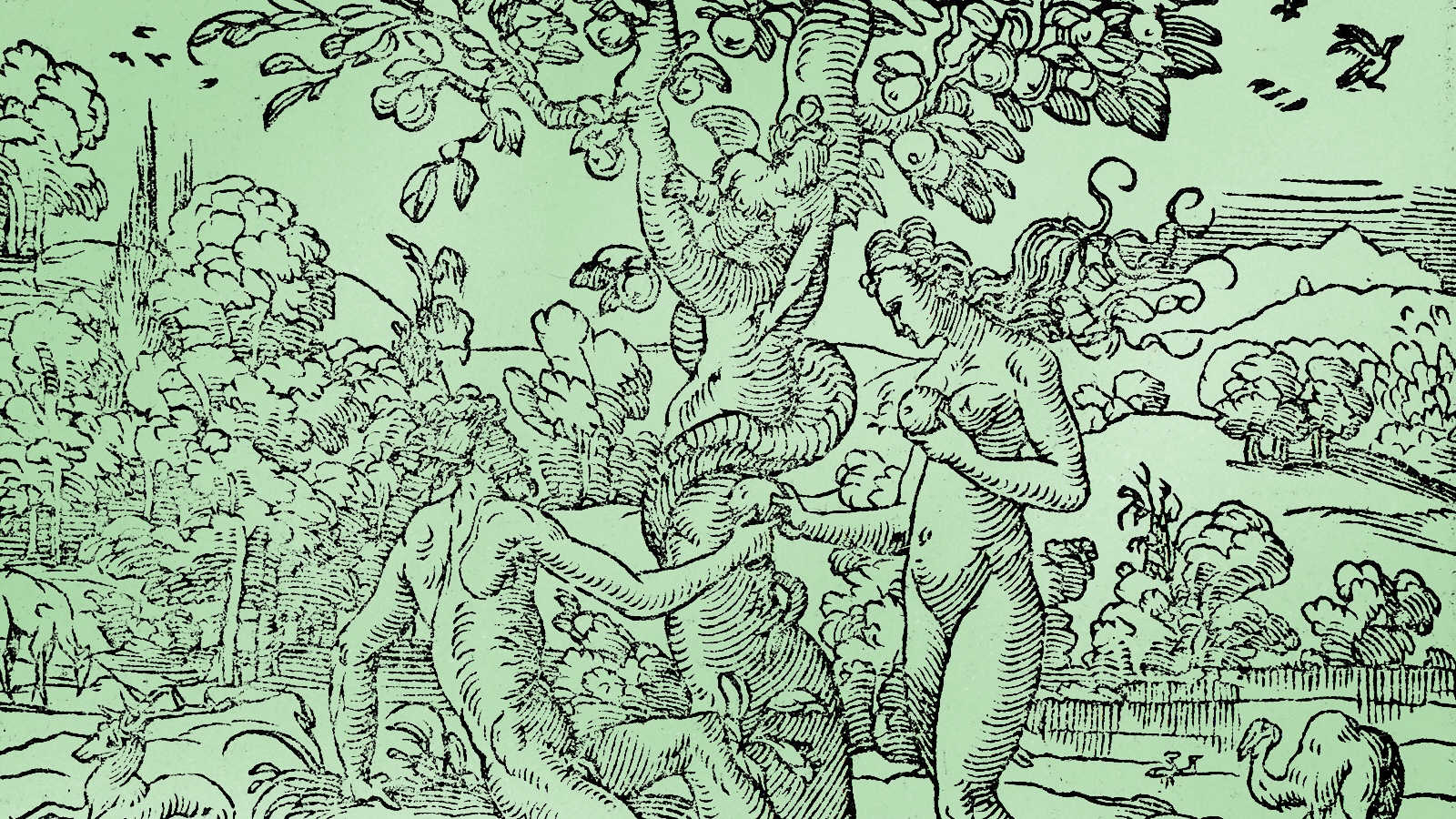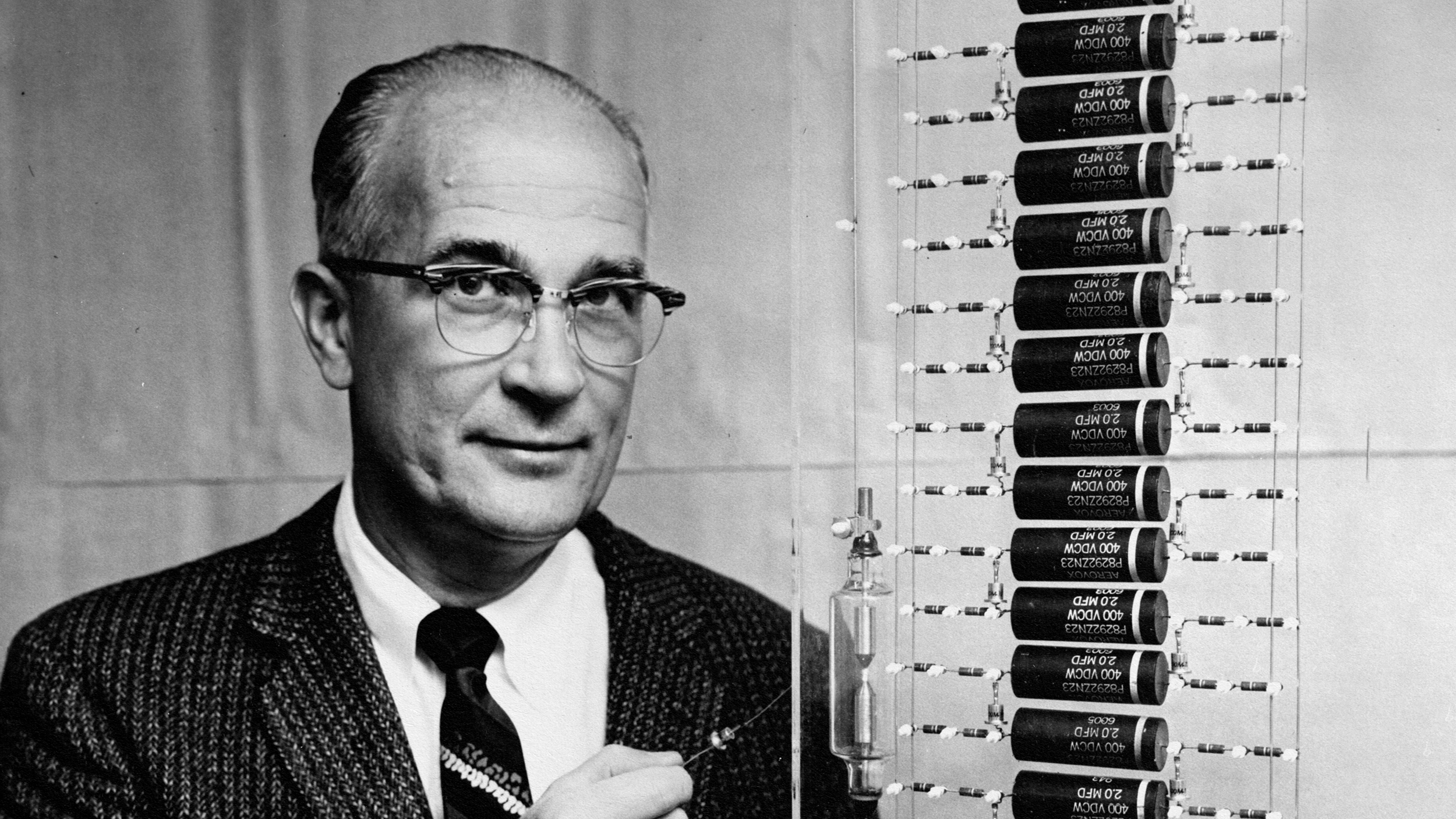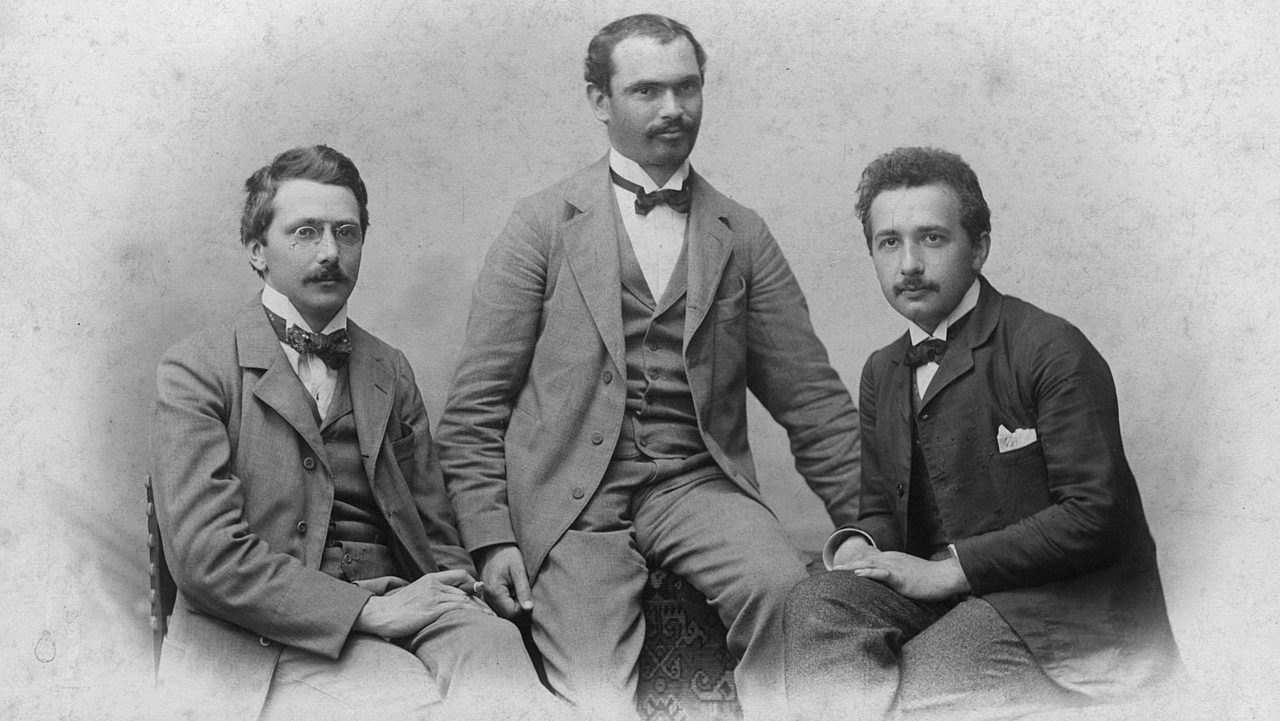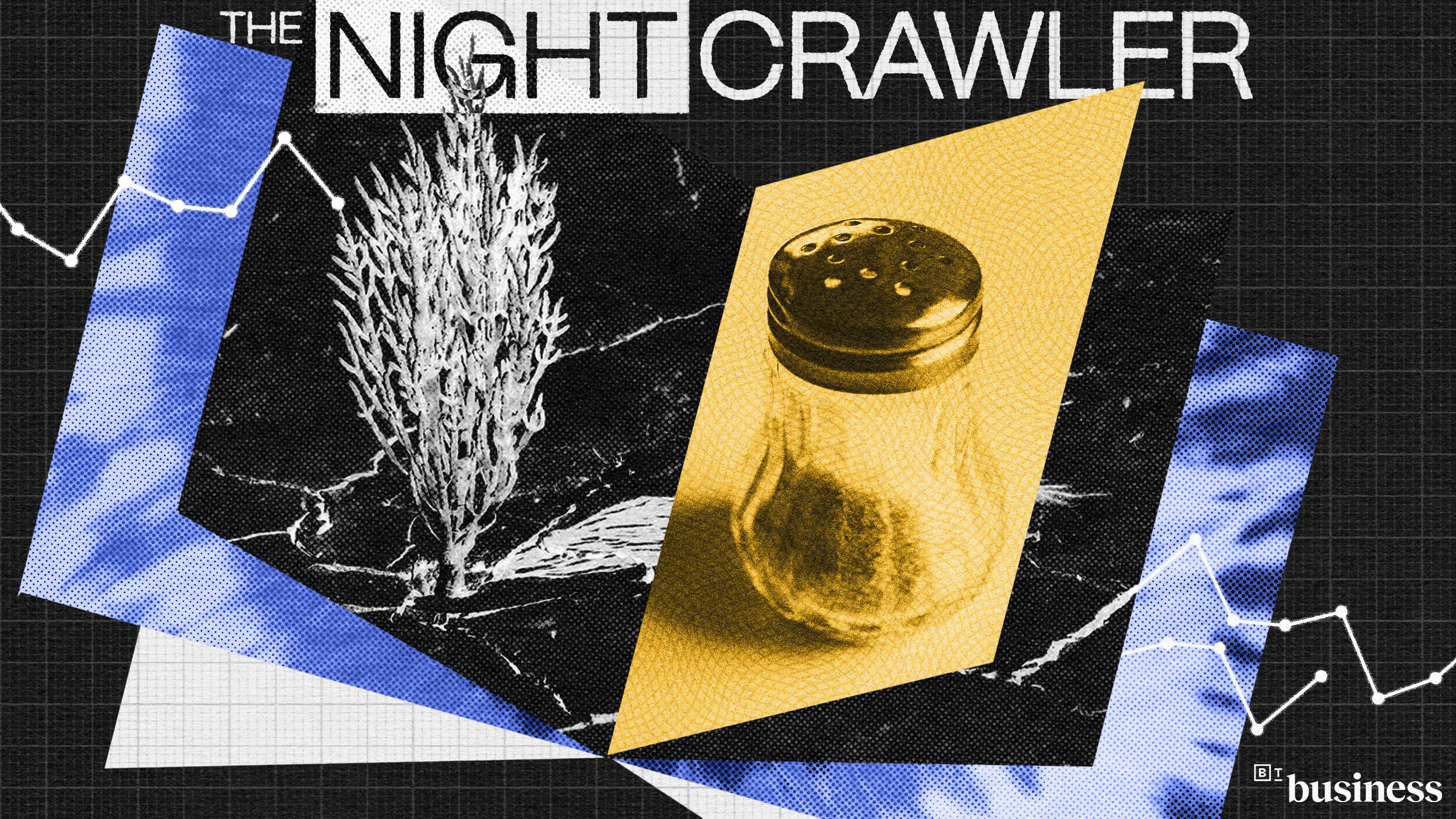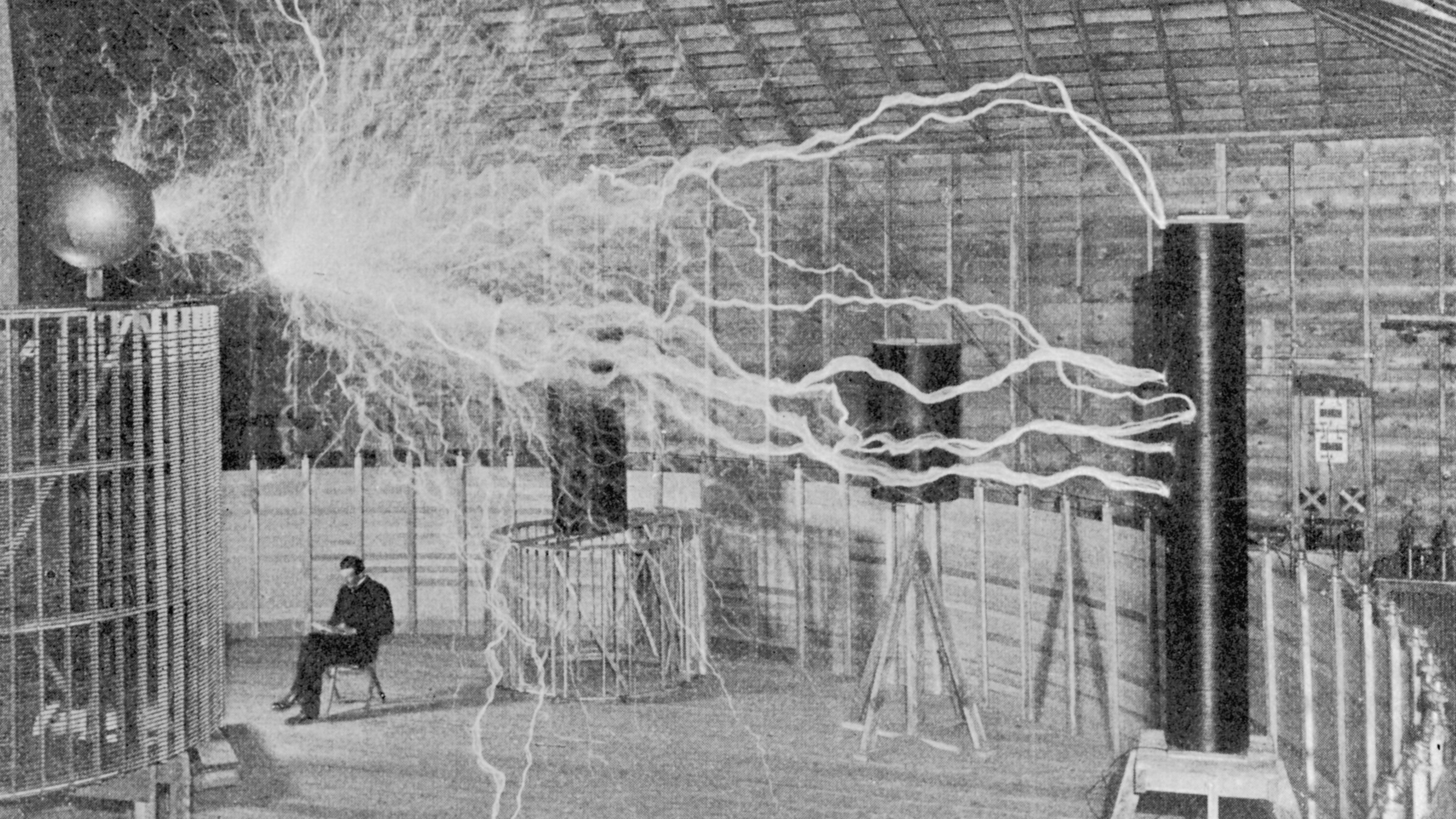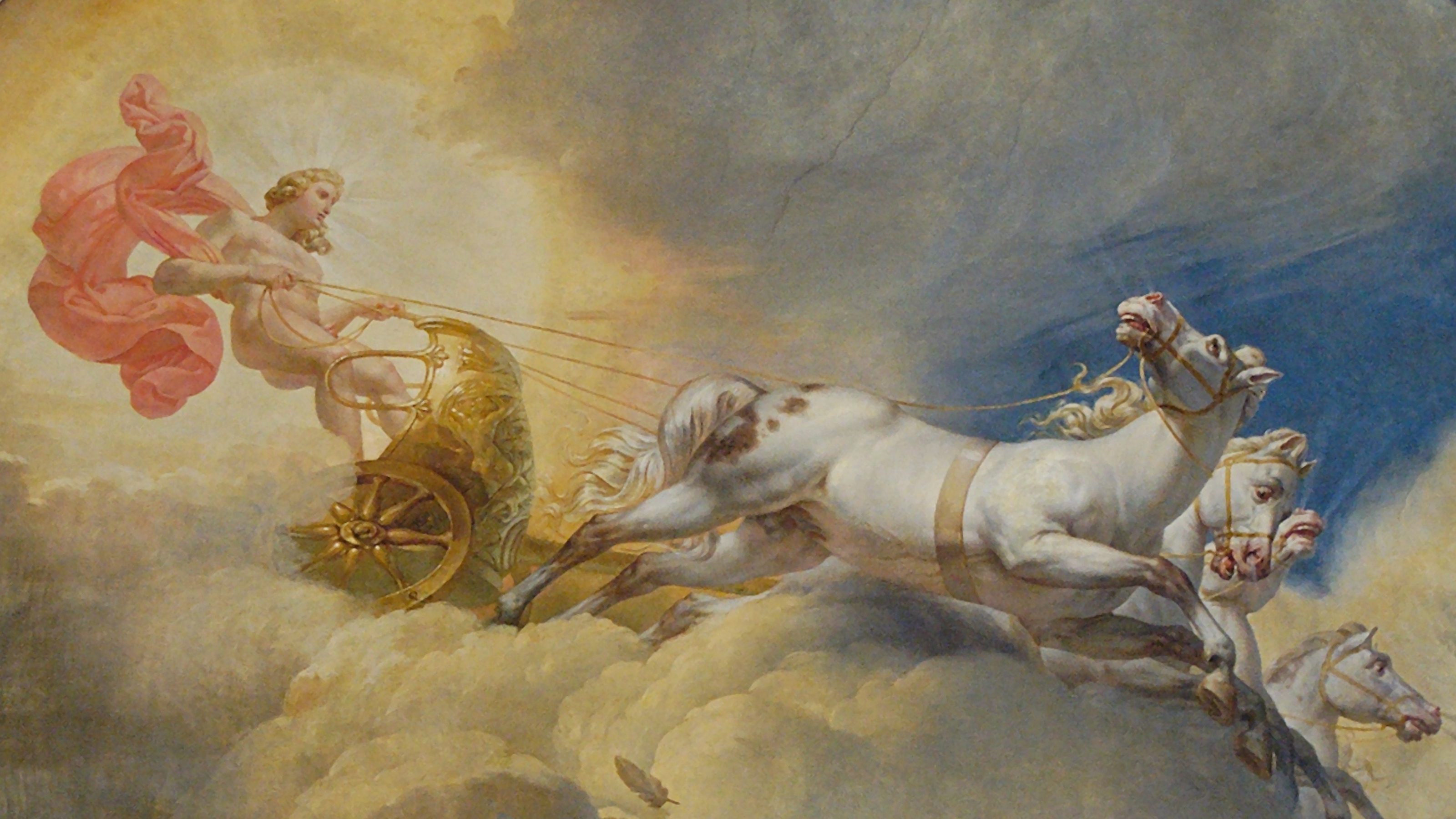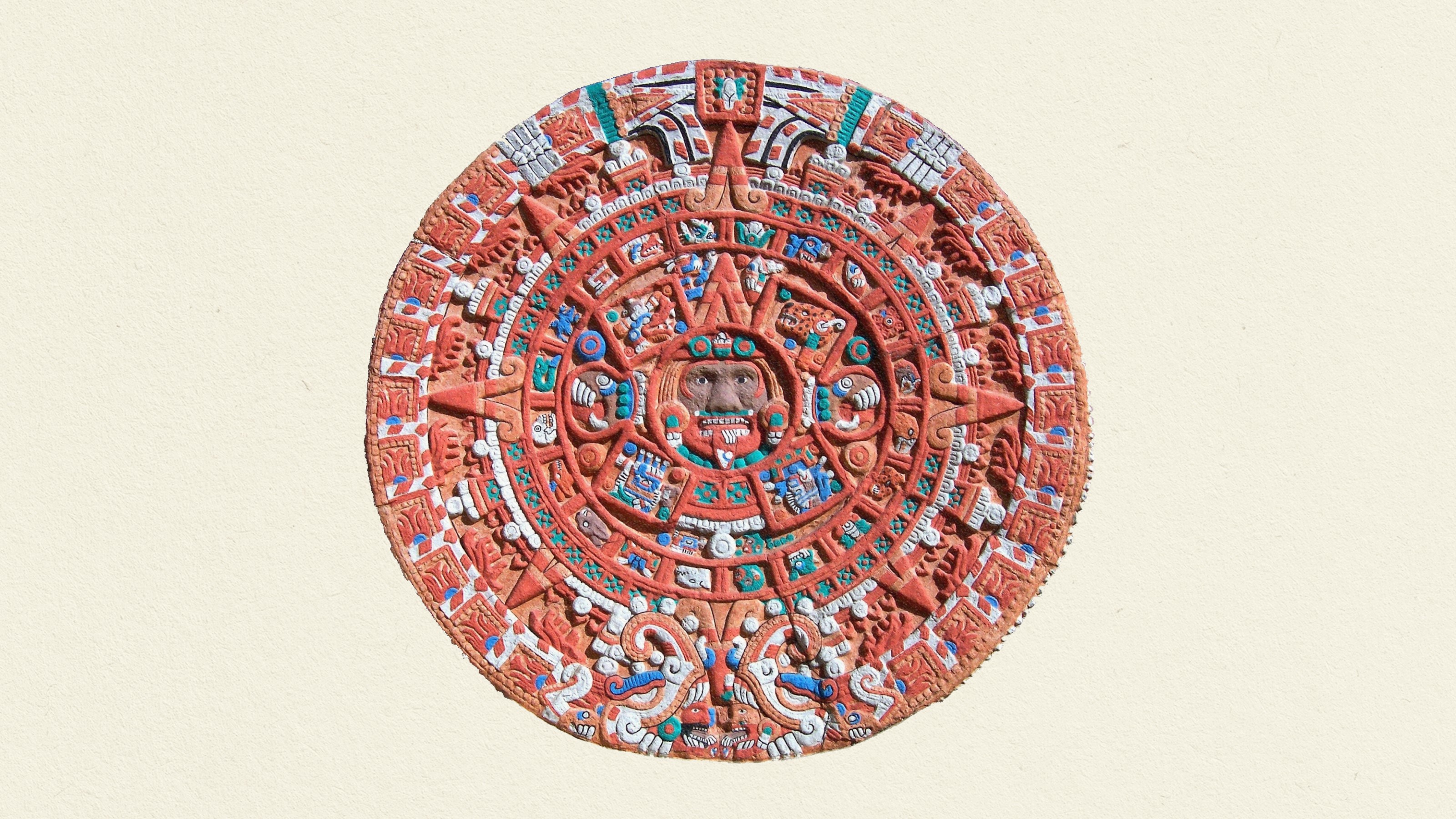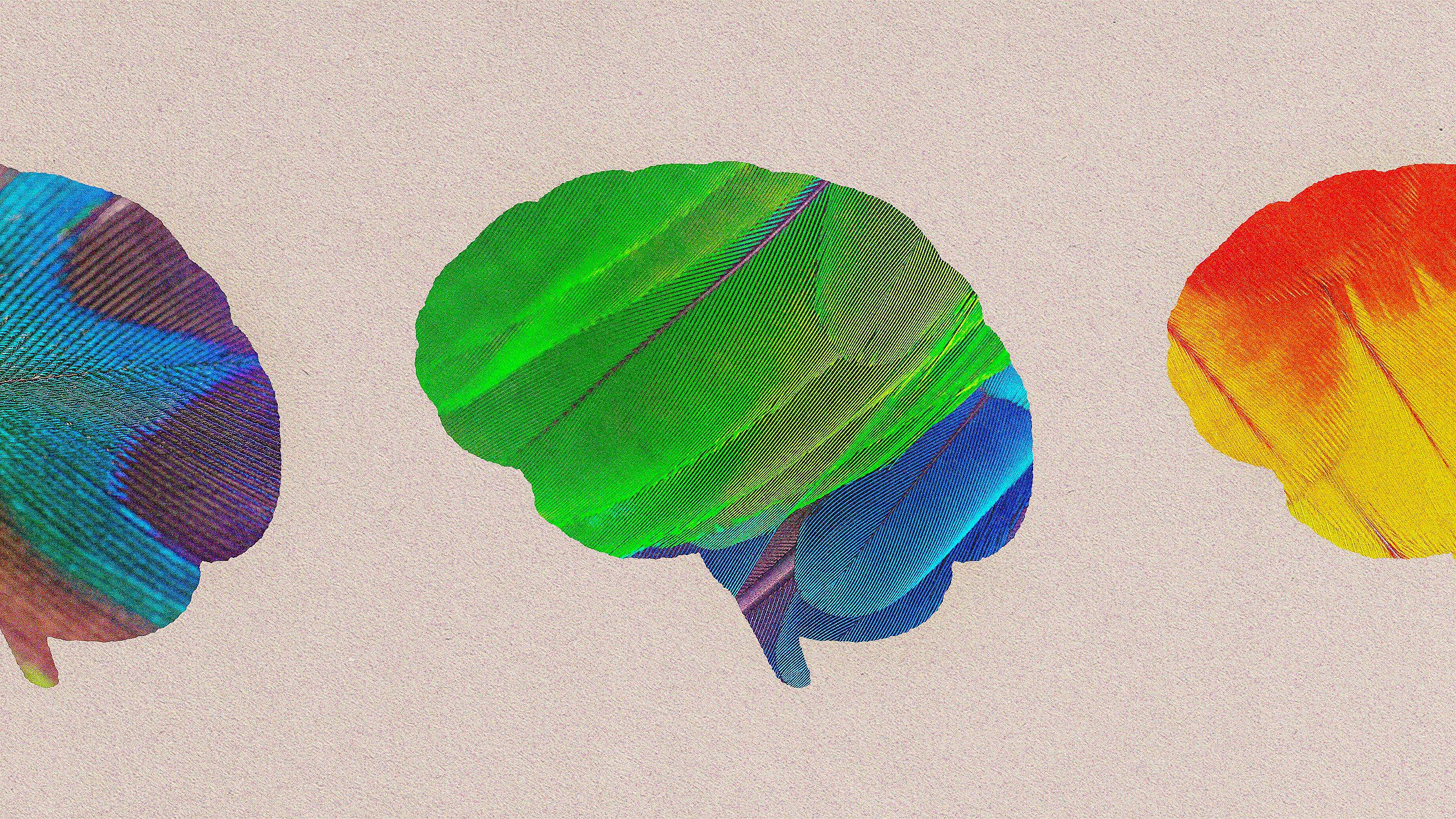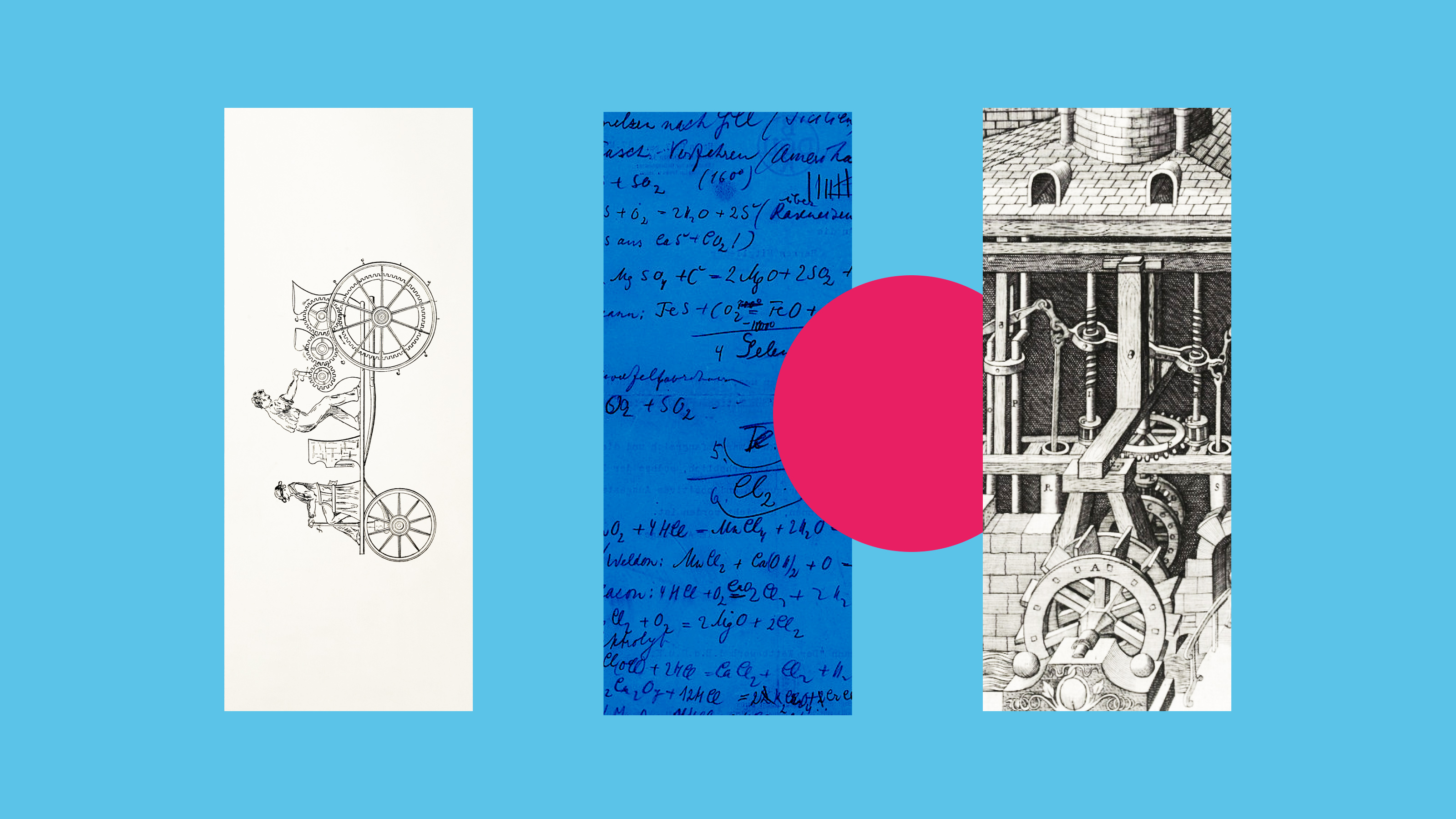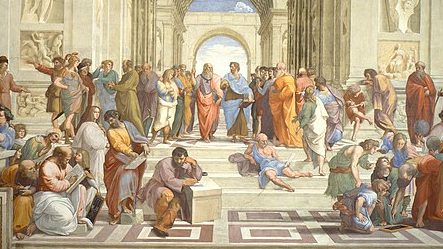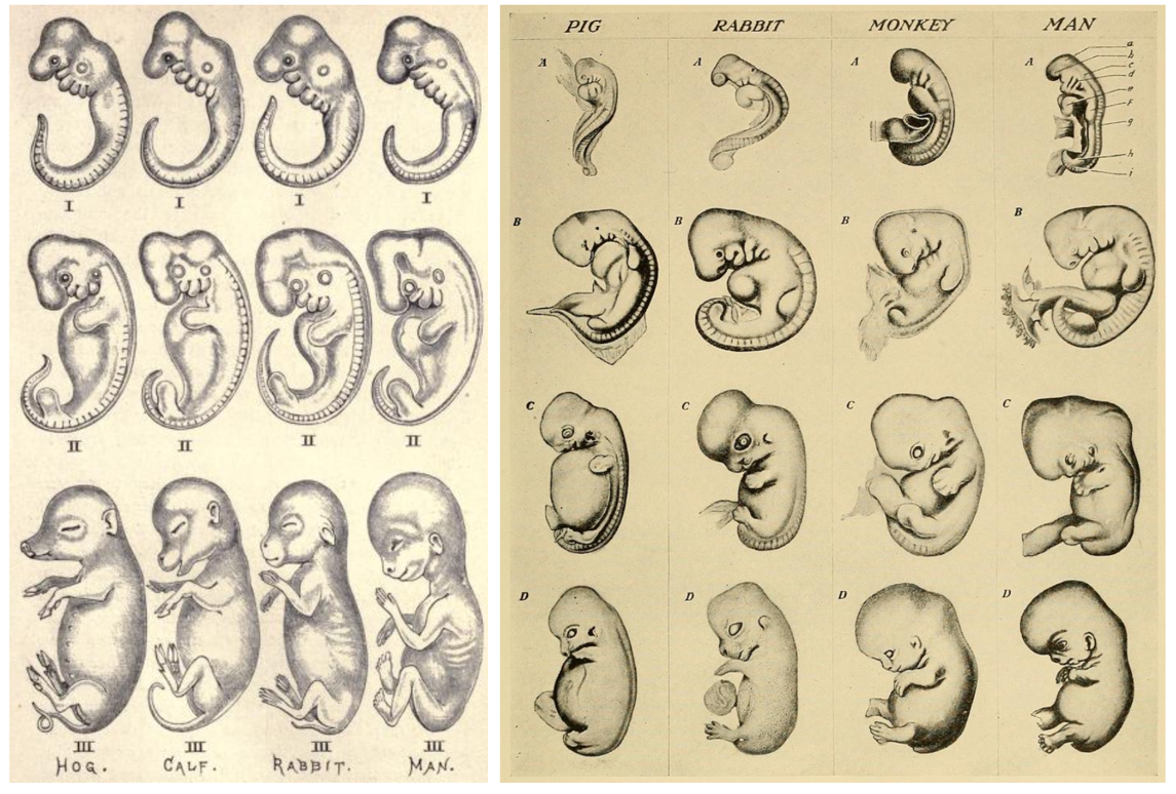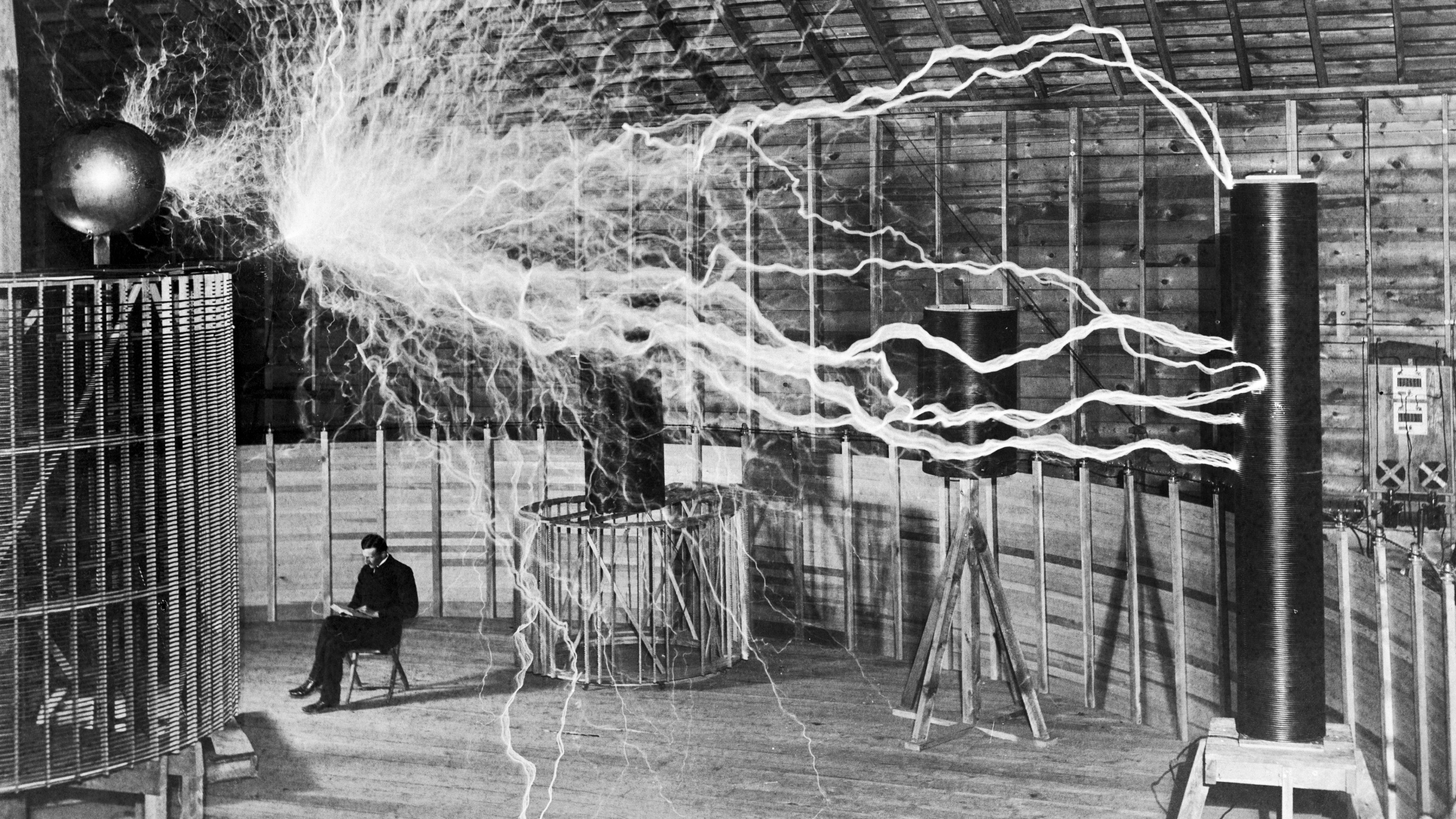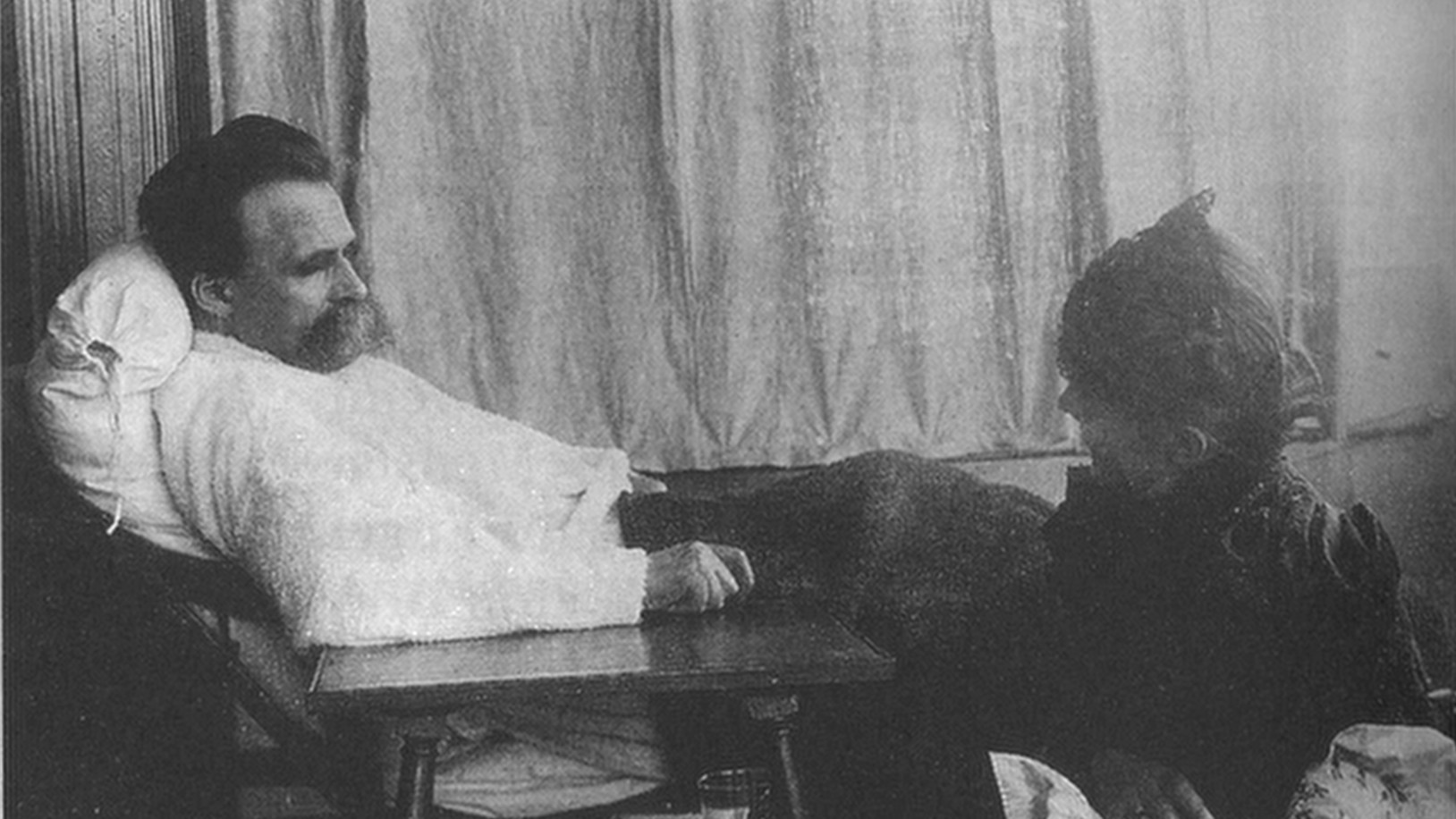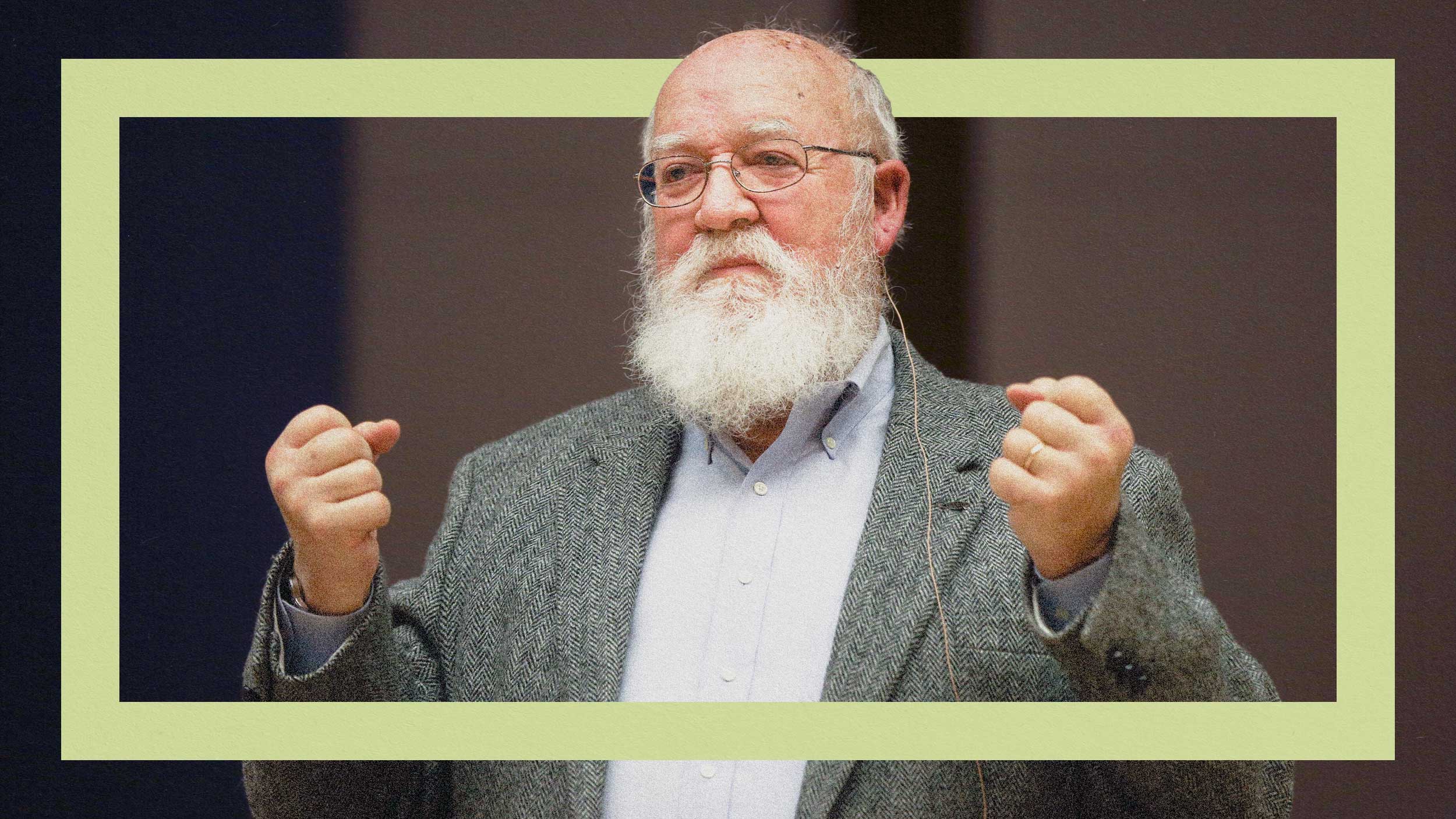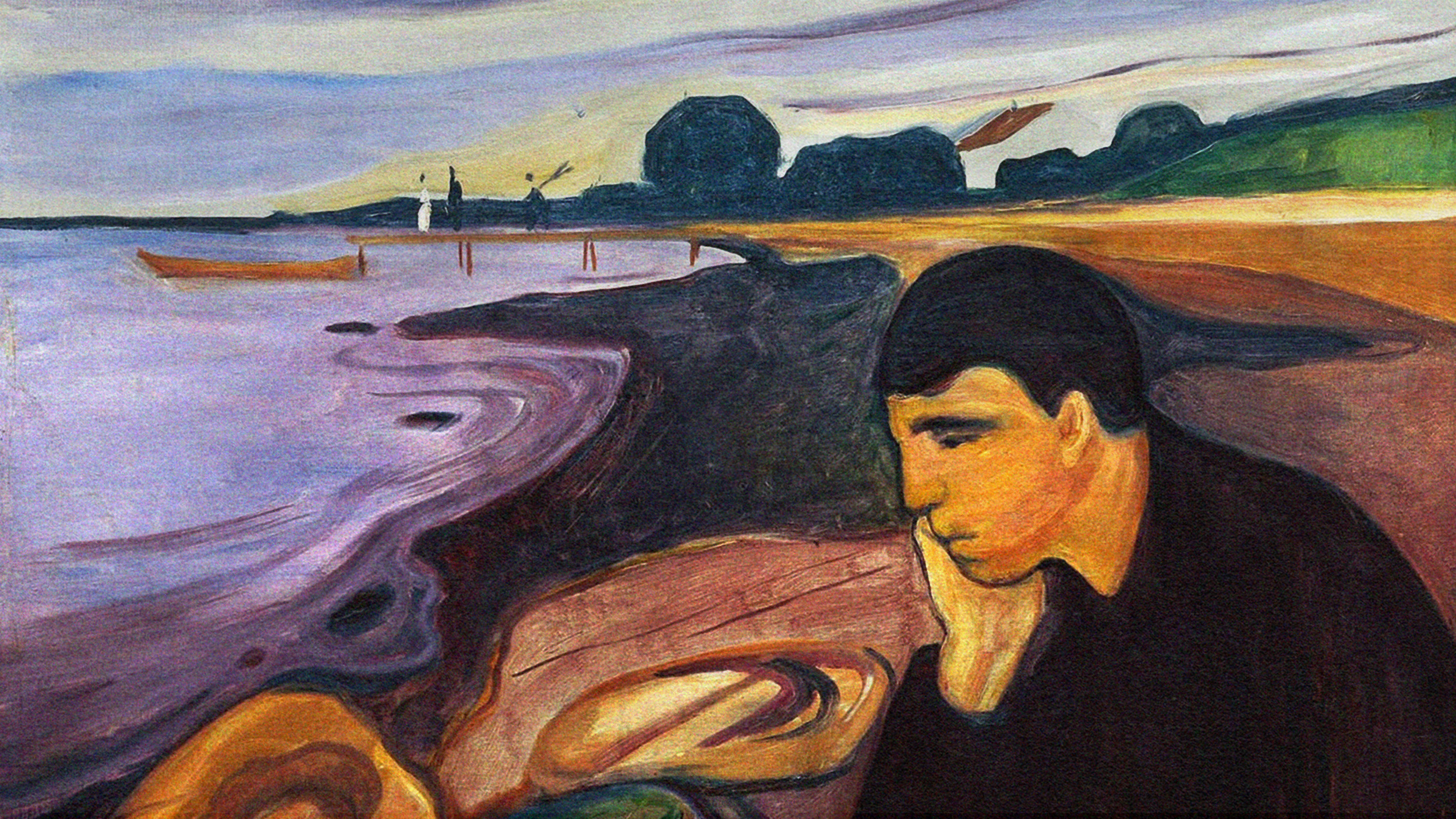The corporate unicorn was yesterday — now we should consider the wisdom of black and white stripes.
Search Results
You searched for: genius
We are still new at this.
It is easy to mock Nobel Laureates who go astray, but eccentricity often accompanies brilliance. We should have some sympathy.
Even the most brilliant mind in history couldn’t have achieved all he did without significant help from the minds of others.
Welcome to The Nightcrawler — a weekly newsletter from Eric Markowitz covering tech, innovation, and long-term thinking.
Plato, Sun Tzu, and Buddha all lived in a “golden age” of philosophy that laid the foundation of modern thought.
Piano Sonata No. 23 offers a window into the way culture became an instrument of Soviet state policy.
“The Soul of a New Machine” provides a rare level of insight into the minds and decisions of humanity’s greatest thinkers.
Inspired by the shape of a New Caledonian crow’s beak, researchers created a new 3D-printed prototype of tweezers.
Quarks and leptons are the smallest known subatomic particles. Does the Standard Model allow for an even smaller layer of matter to exist?
We’ve made god-like figures out of hard-charging CEOs — but it’s a bad idea to get high on your own supply.
Scott Dikkers discusses comedy, the creative process, and life lessons learned playing peekaboo.
The transformational change driven by AI will elevate neurodiversity inclusion as an organizational asset, argues Maureen Dunne.
Size matters, but it’s not the only thing.
Modernism has lasted longer than any art movement since the Renaissance.
Centuries ago, the plague forced people into quarantine for years. Isaac Newton and Galileo used the time to revolutionize the world.
The first “running machine” — later known as the bicycle — symbolizes a key design idea.
From Aristotle’s lazy cosmology to Immanuel Kant’s “scientific” racism, great minds are not immune to very bad ideas.
Borrow the same technique that produced McDonald’s, the Hawaiian pizza, the Beatles’ greatest hits, and Shakespeare’s rhetorical flair.
He was also a eugenicist — but at least he could draw pretty pictures.
The shift from steam to electricity was inevitable — but some foresaw it earlier than others.
The great philosopher spent the final portion of his painful life in a vegetative state. Did illness get him there, or was it his own philosophy?
The late philosopher suggested adding a couple of “Occam’s heuristics” to your critical thinking toolbox.
Daydreaming can be a pleasant pastime, but people who suffer from maladaptive daydreaming are trapped by their fantasies.
While weltschmerz — literally “world-pain” — may be unpleasant, it can also spur us to change things for the better.
Perhaps wormholes will no longer be relegated to the realm of science fiction.
Historical geniuses used the “creative nap” to give their minds a boost. Apparently, the “hypnagogic state” can help with problem solving.
After almost a century in print, “How to Win Friends and Influence People” still has lessons to teach us.
Creative people are better able to engage brain systems that don’t typically work together.

